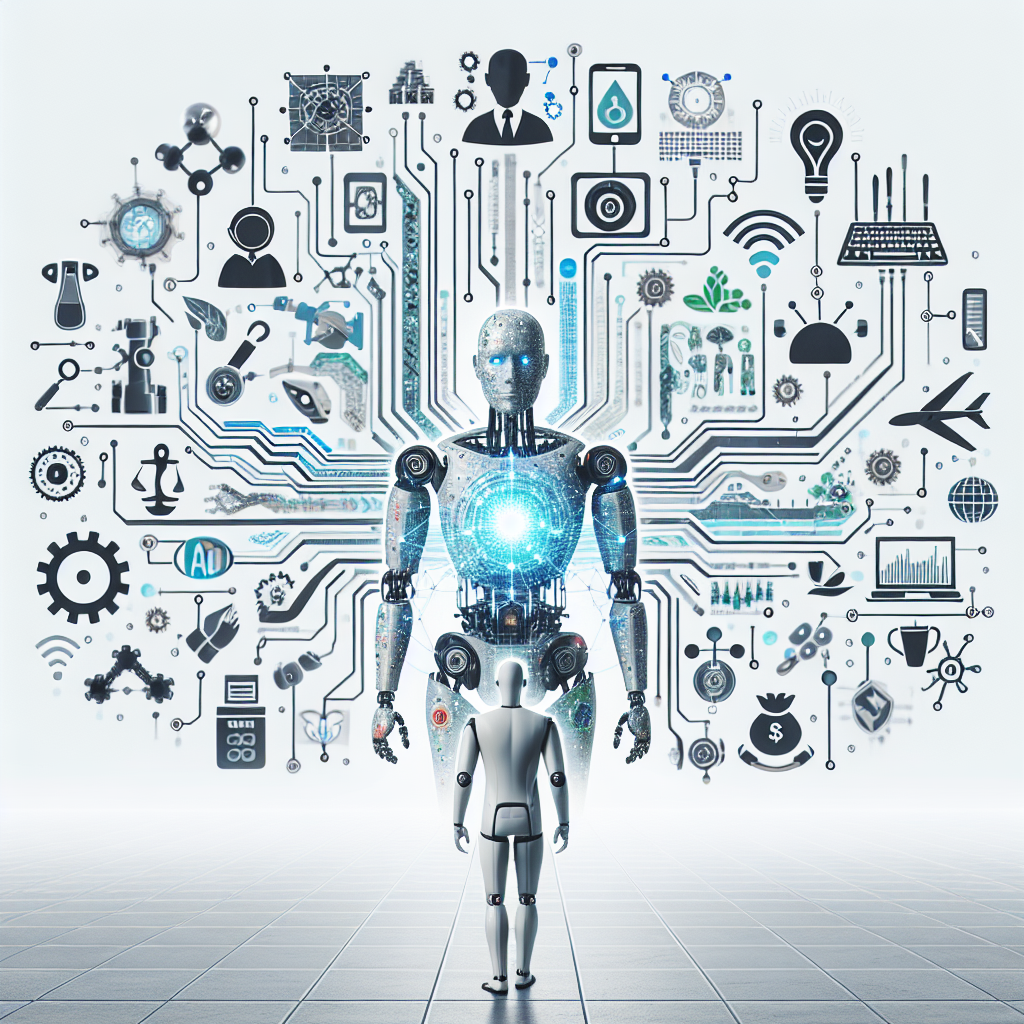Artificial General Intelligence (AGI) is a term used to describe the development of machines that possess human-like cognitive abilities, such as reasoning, problem-solving, and learning. While artificial intelligence (AI) has made significant strides in recent years, AGI represents the next frontier in the field of AI, with the potential to revolutionize industries and transform the way we live and work.
The Rise of AGI
The concept of AGI has been around for decades, with researchers and scientists striving to create machines that can think and learn like humans. While current AI technologies excel at specific tasks, such as image recognition or natural language processing, they lack the ability to generalize their knowledge and apply it to new situations.
However, recent advances in machine learning, deep learning, and neural networks have brought us closer to achieving AGI. These technologies enable machines to learn from large amounts of data, recognize patterns, and make predictions, much like the human brain. As a result, AI systems are becoming increasingly sophisticated, capable of performing complex tasks with accuracy and efficiency.
AGI is already making its mark in various industries, from healthcare and finance to manufacturing and transportation. In healthcare, AI-powered systems are being used to diagnose diseases, recommend treatments, and predict patient outcomes. In finance, AI algorithms are helping traders make better investment decisions, detect fraud, and optimize portfolio management. In manufacturing, AGI is revolutionizing the production process, with robots and automated systems taking over repetitive tasks and improving efficiency.
The potential of AGI is vast, with experts predicting that it will have a profound impact on society in the coming years. From autonomous vehicles and smart cities to personalized medicine and virtual assistants, AGI has the power to reshape our world in ways we can only imagine.
FAQs
1. What is the difference between AI and AGI?
AI refers to machines that can perform specific tasks or functions, such as speech recognition or image classification. AGI, on the other hand, represents machines that can think and learn like humans, with the ability to generalize their knowledge and apply it to new situations.
2. How close are we to achieving AGI?
While significant progress has been made in the field of AI, AGI remains a distant goal. Researchers are still working to overcome the challenges of creating machines that can truly emulate human intelligence, such as reasoning, creativity, and common sense.
3. What are the potential risks of AGI?
As with any powerful technology, AGI comes with its own set of risks and challenges. These include concerns about job displacement, ethical implications, and the potential for misuse or abuse of AI systems. It is essential for researchers and policymakers to address these issues proactively to ensure that AGI is developed and deployed responsibly.
4. How will AGI impact the workforce?
The rise of AGI is expected to have a significant impact on the workforce, with some jobs being automated or replaced by AI systems. However, AGI also has the potential to create new opportunities and roles, particularly in areas that require human creativity, empathy, and critical thinking.
5. What are some examples of AGI applications?
AGI has a wide range of applications across various industries, including healthcare, finance, manufacturing, transportation, and more. Some examples include medical diagnosis and treatment, financial forecasting and risk management, autonomous vehicles, and personalized recommendations.
In conclusion, the rise of Artificial General Intelligence is set to transform industries and revolutionize the way we live and work. While there are still challenges to overcome, the potential of AGI is immense, with the power to create a more efficient, innovative, and sustainable future for humanity. It is essential for researchers, policymakers, and society as a whole to embrace AGI responsibly, ensuring that it is developed and deployed in a way that benefits everyone.

